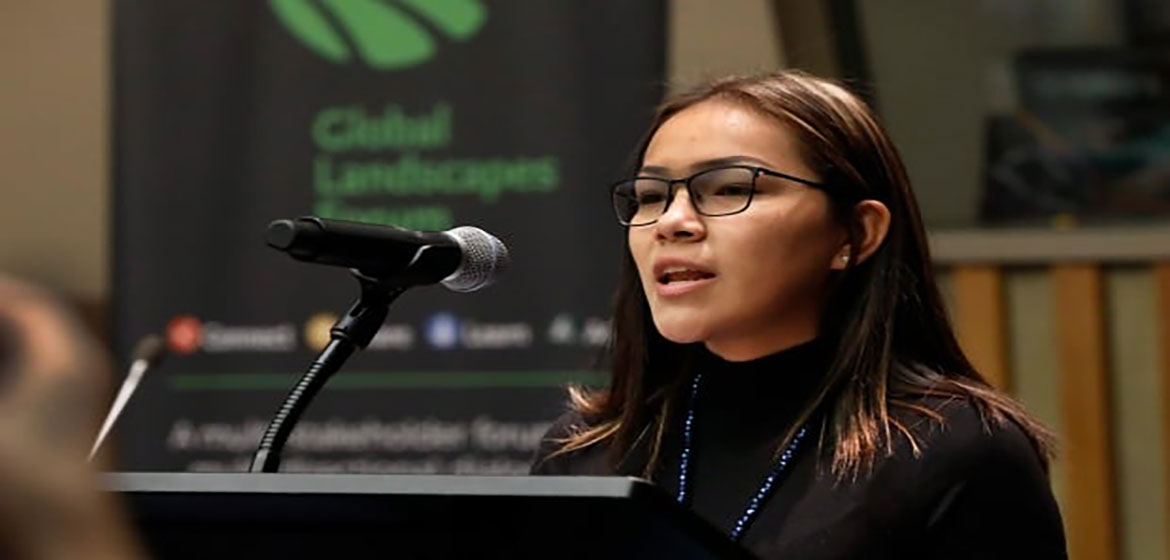'We can't eat money or drink oil' 15-year-old from Wiikwemkoong First Nation tells Global Landscapes Forum
By The Canadian Press
Canadian Indigenous water activist Autumn Peltier, 15, addressed hundreds of international guests at UN headquarters in Manhattan on Saturday, where she urged the global community to respect the sacredness and importance of clean water.
"I've said it once, and I'll say it again: we can't eat money or drink oil," said the activist from Wiikwemkoong First Nation on Manitoulin Island in northern Ontario.
Peltier spoke at the Global Landscapes Forum, a platform on sustainable land use founded by UN Environment and the World Bank that's dedicated to achieving development and climate goals.
She used the speech to draw attention to the lack of clean water in numerous Indigenous communities, which she says sparked her activism.
"All across these lands, we know somewhere where someone can't drink the water. Why so many, and why have they gone without for so long?"
She said she's been taught traditional knowledge from an early age about the sacredness of water, and that more people should learn these lessons.
"Maybe, we need to have more elders and youth together sitting at the decision table when people make decisions about our lands and waters."
Peltier called for an end to plastic use as one step in restoring a more sustainable world.
Her speech comes a day after huge crowds took to the streets in Canada as part of a global climate strike.
The speech was her second at the UN headquarters, having urged the General Assembly to "warrior up" and take a stand for our planet last year.
Peltier, who is nominated for the 2019 International Children's Peace Prize by the David Suzuki Foundation, has spread her message at hundreds of events around the world.
In 2015, Peltier attended the Children's Climate Conference in Sweden, and a year later, confronted Prime Minister Justin Trudeau about his "broken promises" at a meeting of the Assembly of First Nations.
She was named the by the Anishinabek Nation, a political advocacy group for 40 First Nations across Ontario, when she was just 14 years old.
Source:
Related to SDG 6: Clean water and sanitation and SDG 10: Reduced inequalities



